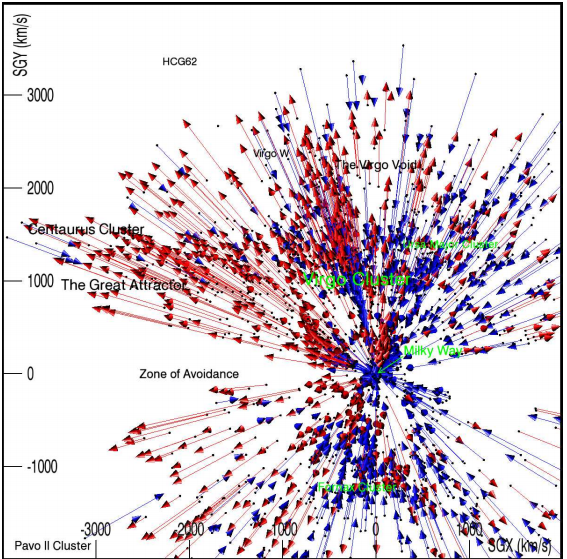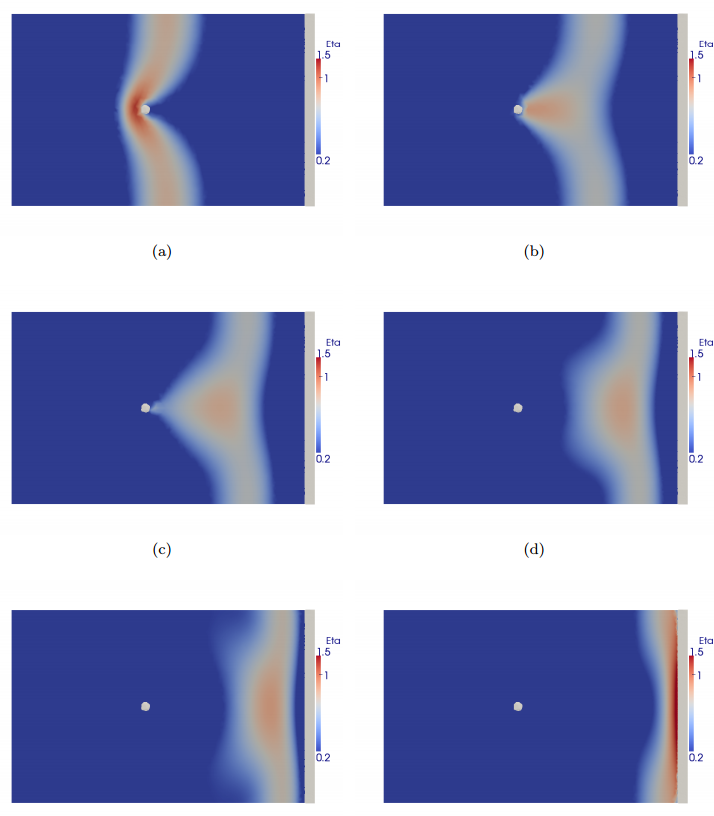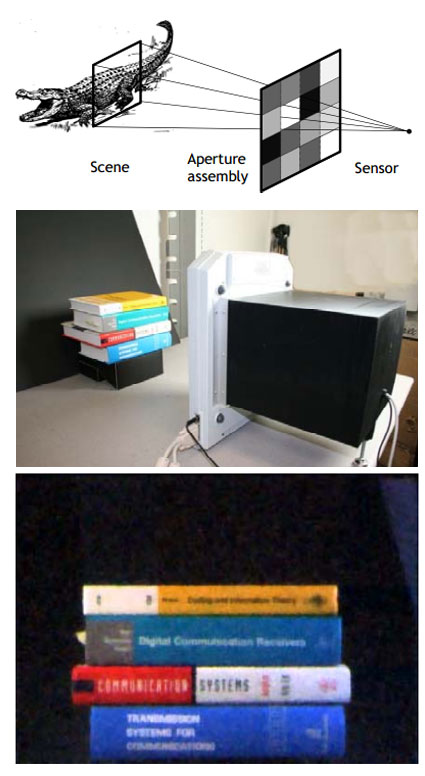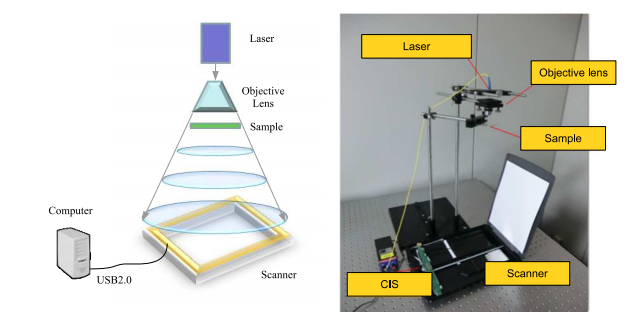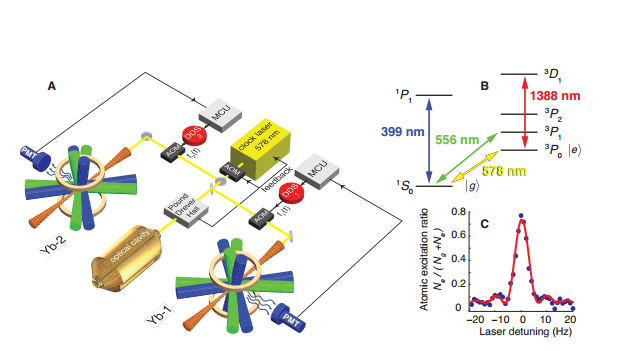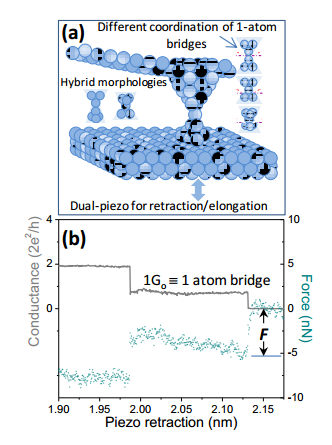- New Science of Cosmography Reveals 3D Map of the Local Universe
- Machine Learning and Risk Prediction in the ICU
A Boston startup wants to bring smart analytics to critical care in order to help doctors spot and treat at-risk patients.
The intensive care unit (ICU) is one of the most data-intense rooms in a hospital, but the information streaming out of heart monitors, ventilators, and pressure sensors is generally not integrated and analyzed to enable a deeper understanding of the patient’s condition. To change this, Boston-area startup Etiometry is building a clinical-decision support system that can interpret large volumes of real-time patient data and provide doctors with a snapshot view of actionable information.
- An Operating System for the Commercial Drone Era Drone operating system
As commercial uses of drones emerge, startups create software that could help the devices take flight.
At Boeing, Jonathan Downey once worked on the development of the A160 Hummingbird, an unmanned helicopter used by the U.S. military.
- Plastic from Grass
Engineers seek a cheaper biodegradable polymer.
Nearly all the plastics sold today come from petroleum and aren’t biodegradable. But researchers at Metabolix in Cambridge, Massachusetts, are genetically engineering switchgrass to produce a biodegradable polymer that can be extracted directly from the plant.
- As Data Floods In, Massive Open Online Courses Evolve
As online education companies track students’ behavior and experiment with different delivery methods, assumptions about effectiveness are being challenged.
In 2012, education startups attracted millions of students—and a surge of interest from universities and the media—by offering massive open online courses, or MOOCs. Now some core features of these wildly popular courses are being dissected, enabling the course providers to do some learning of their own. As these companies analyze user data and experiment with different features, they are exploring how to customize students’ learning experiences, and they are amassing a stock of pedagogical tricks to help more students finish their courses.
- How a Simple Google Search Unmasked a Chinese Cyber Espionage Network
In a new book, a leading researcher tells how cyber forensic work investigates militarization and espionage.
Cyber warfare and espionage has been a top national security concern for several years, with senior U.S. officials recently accusing the Chinese military (see “Pentagon Points Finger at Chinese Army Over Computer Attacks”). But for all the sophistication of these attacks, there have been growing indications that the attackers are often amateurish (see “Exposé of Chinese Data Thieves Reveals Sloppy Tactics”).
- Autonomy in Cars Progresses, But Regulators Struggle to Keep Up
The federal government is scrambling to deal with the rapid pace of IT-driven innovation in cars.
The U.S. Department of Transportation’s first policy statement on the safety aspects of automation in cars reflects the fact that technology advances in vehicles are outpacing the usual regulatory process.
Digest powered by RSS Digest


